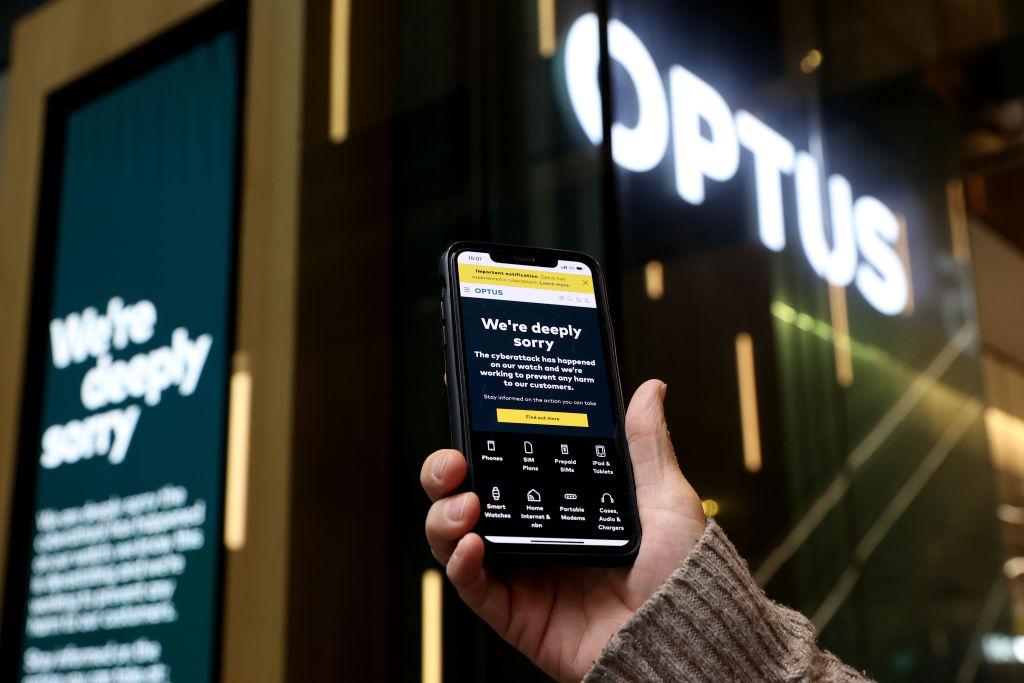Commentary
Numerous data breaches, which adversely affected the public image of Optus and Medibank, continue to be widely reported in the Australian media and ruefully acknowledged by the chief executive officers of these organisations. These breaches have escalated the significance of privacy and cyber security in political arenas.





